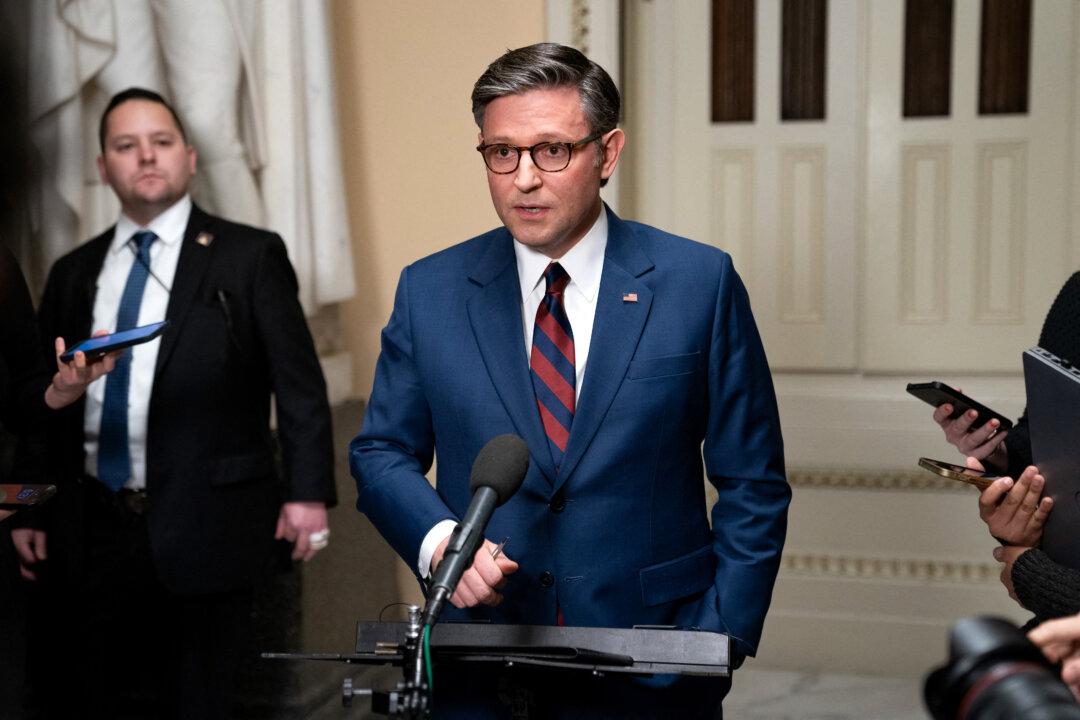WASHINGTON—House Speaker Mike Johnson (R-La.) has only one goal on the first day of the new Congress: keeping his job and tamping down a potential Republican mutiny.
Today at 12:00 p.m. (ET), the 119th Congress will have its first sitting. Its first order of business is to choose a speaker: No other official business, including the Jan. 6 certification of President-elect Donald Trump’s election victory, can take place prior to the election of a speaker.





